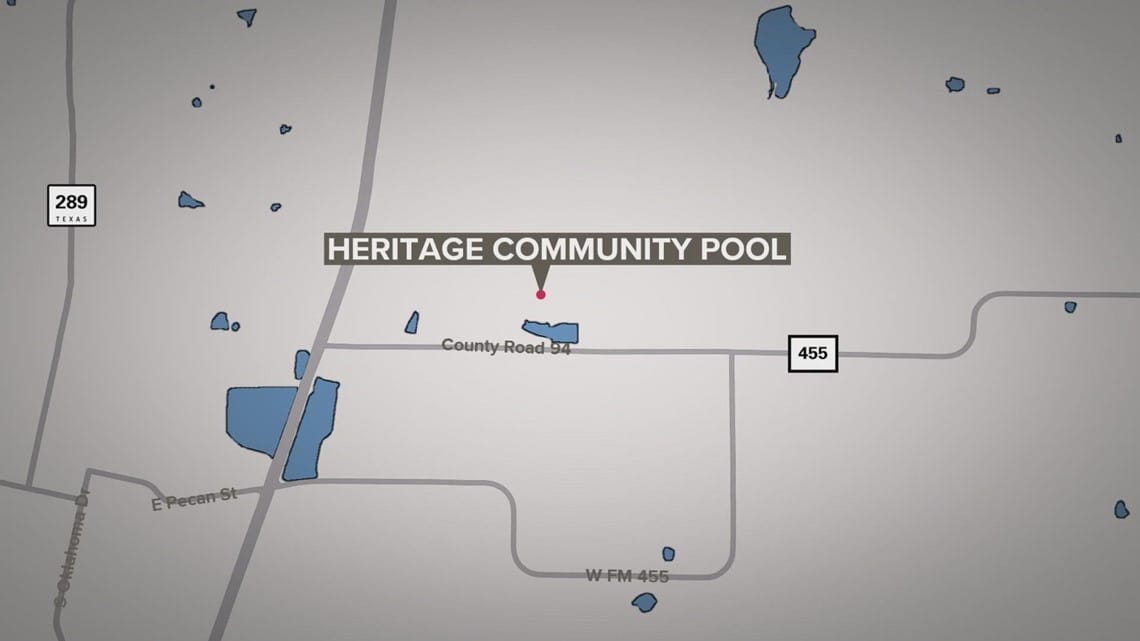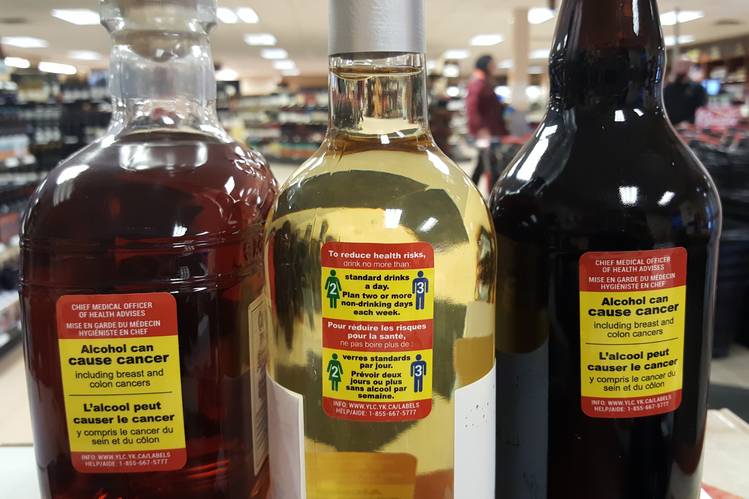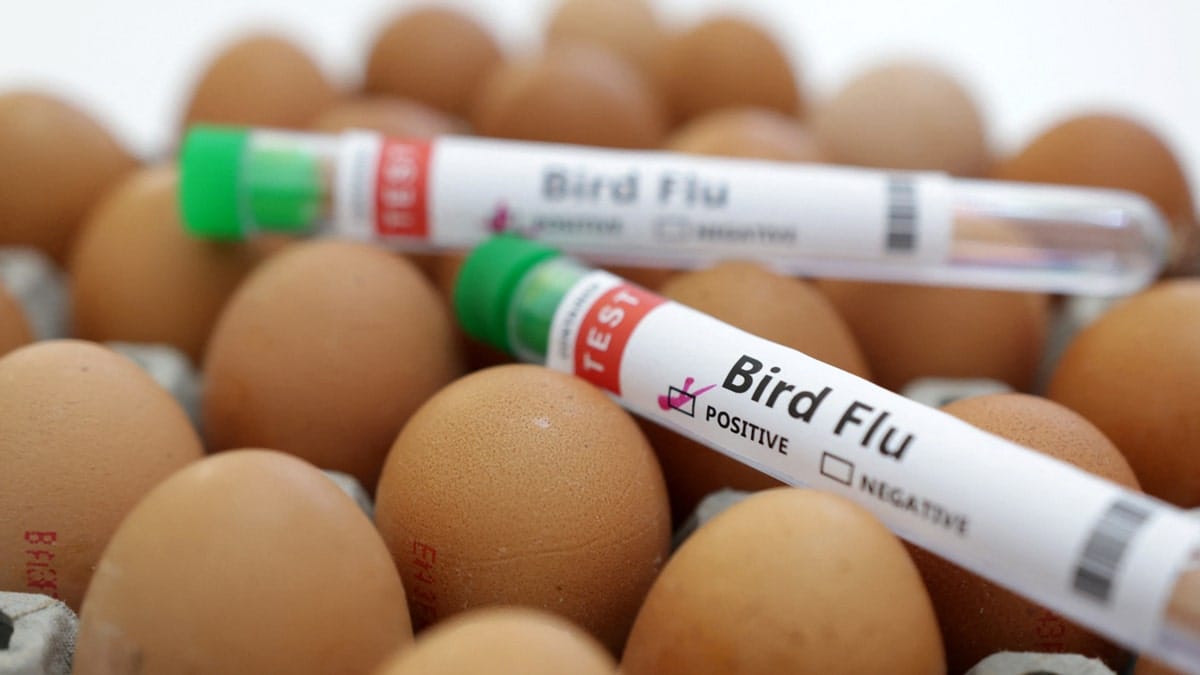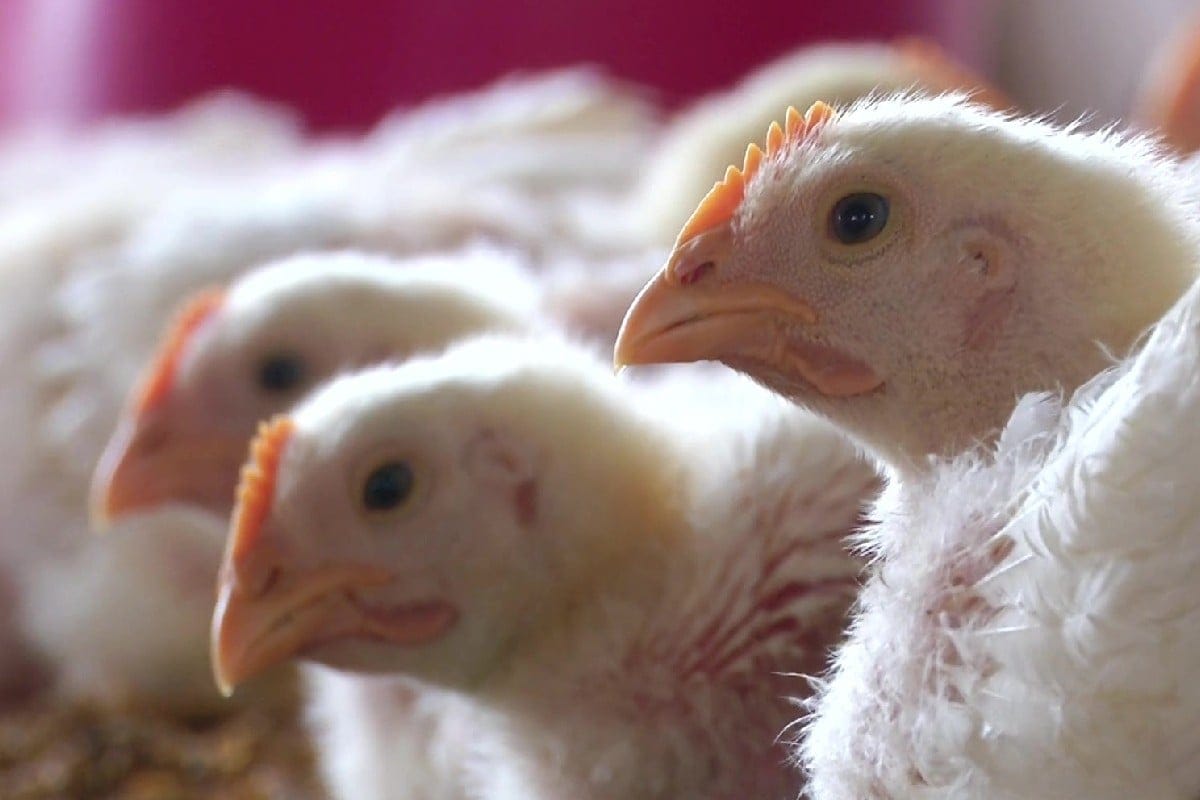A recent measles outbreak in Texas has emerged as a significant public health concern, particularly as cases have been confirmed in the Dallas-Fort Worth (DFW) area, specifically in Collin and Rockwall counties. This outbreak comes at a time when health officials are emphasizing the importance of vaccinations to combat preventable diseases such as measles, which has the potential to spread rapidly in communities with low immunization rates.
Measles is a highly contagious viral illness that can lead to severe complications, including pneumonia, encephalitis, and even death in extreme cases. The illness typically begins with symptoms that include high fever, cough, runny nose, and red eyes, followed by a distinctive rash that usually appears a few days later. Given its contagious nature, it can easily spread among individuals who are not vaccinated, particularly in crowded or close-knit communities.
In light of the recent surge in cases, local health authorities have mobilized their resources to inform the public about the outbreak and the urgent need for vaccination. This response includes community outreach efforts, public service announcements, and coordinated efforts with schools and childcare centers to encourage parents to ensure their children are fully vaccinated against measles and other vaccine-preventable diseases.
The Collin County Health Department reported that the majority of the recent cases are linked to a larger outbreak that began earlier this year in other areas of Texas. Health officials have noted that the overall vaccination rates in certain regions have dropped, largely due to misinformation and hesitancy surrounding vaccines. This worrying trend has contributed to the reemergence of diseases that were previously considered eradicated in many parts of the United States.
Furthermore, Rockwall County has also reported multiple cases in recent weeks, prompting health officials to intensify their monitoring of the situation. Close contacts of confirmed cases are being advised to self-isolate if they show symptoms and to get tested promptly. Health departments in both counties are working in close alignment to contain the outbreak and prevent further transmission.
As health authorities continue to monitor the outbreak, they are taking proactive measures to engage the community. Initiatives are being launched to educate residents about the significance of vaccinations, the symptoms of measles, and the potential complications associated with the infection. Local health officials have reiterated that vaccination not only protects individuals but also helps to establish herd immunity in the community, thereby aiding those who cannot be vaccinated, such as infants or individuals with certain medical conditions.
The Centers for Disease Control and Prevention (CDC) strongly recommend that all children receive the measles, mumps, and rubella (MMR) vaccine. The first dose is typically administered between 12 and 15 months of age, with a second dose given between the ages of 4 and 6 years. Vaccination is essential not only for protecting individual health but also for safeguarding the broader community from outbreaks.
In response to the growing concern, local schools are reminded to ensure that students’ vaccination records are up to date. Educational institutions are collaborating with health departments to provide accessible vaccination clinics and information sessions for parents. By fostering a culture of health awareness and vigilance, the goal is to boost vaccination rates and curb the spread of measles in the DFW area.
As discussions around vaccine hesitancy continue in public forums, it is crucial for accurate information to be disseminated to counteract misinformation. Healthcare professionals are encouraged to engage in conversations with their patients and communities, sharing evidence-based information about the safety and efficacy of vaccines.
In addition to community vaccination efforts, local health officials are collaborating with federal and state agencies to monitor the outbreak closely and assess any additional resources that may be required. This includes the potential distribution of educational materials and increased access to vaccinations for underserved populations.
Overall, the measles outbreak in Texas serves as a stark reminder of the importance of vaccination and public health preparedness. It highlights the role that community engagement and individual responsibility play in protecting public health. Residents in Collin and Rockwall counties, as well as the larger DFW area, are encouraged to stay informed and act promptly to protect themselves and their families against this preventable disease.
As the situation continues to evolve, both local and state health departments are committed to keeping the public informed. Open communication and transparency will be vital in ensuring that the community responds effectively to this health challenge and mitigates the spread of measles in the Dallas-Fort Worth area.
In conclusion, as Texas faces this outbreak, the emphasis must remain not only on reacting to current cases but also on preventing future outbreaks through education and sustained vaccination efforts. The importance of maintaining high vaccination coverage cannot be overstated in the fight against measles and other vaccine-preventable diseases.



